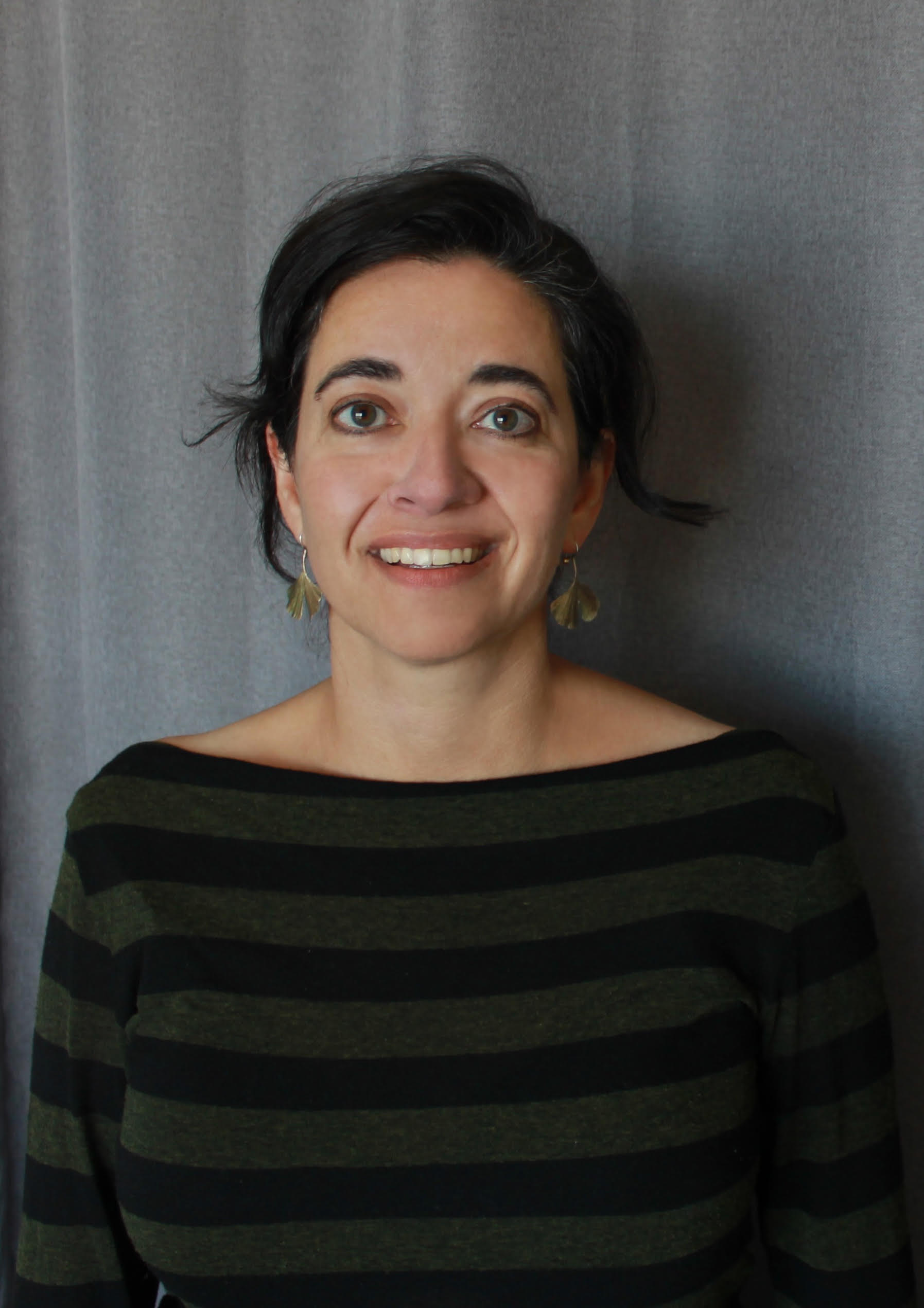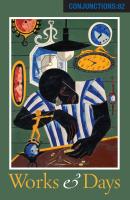Connect
In Print
Works & Days
Spring 2024
Bradford Morrow
Online
July 24, 2024
On Valentine’s Day, Milo strings a horse-shaped piñata from the ceiling light in our living room, and I walk by twice before noticing it swaying there. The light is off and the horse is dark, but I am not unobservant. Part of me accepts a horse swinging in my periphery. Milo makes up a real reason for me to go back down the hall and, when I look for the space heater, I find the horse hanging. He dangles from a yellow jump rope, and I am so happy to see him in my house. Milo hands me the stick. “You need,” he says, “to kill a horse.”
July 17, 2024
There is the man on the moon. Go to him. Get bread from him, drink his water. Take your dog, Blue to him. Take your mother. She is skiing outside around the house. Stop her, tell her that Blue is going also. Take the gander, Henry. He is short in the legs. Leave me Iris. I have seen her eat feed in a pattern.
July 10, 2024
Marcie decided on Vertigo because she’d recently encountered several texts in quick succession that made extensive reference to it: Chris Marker’s time travel film told in still images, La Jetée, Terry Gilliam’s unlikely Hollywood adaptation, 12 Monkeys, and a story by Bennett Sims called “White Dialogues” about an embittered academic seething in an auditorium during a lecture being given by the hot new thing in Hitchcock studies. The coincidence made her feel involved with the film, and vice versa, in a way that evades more specific description.

